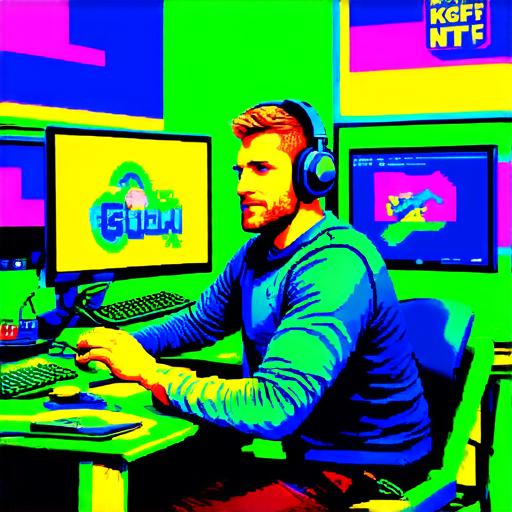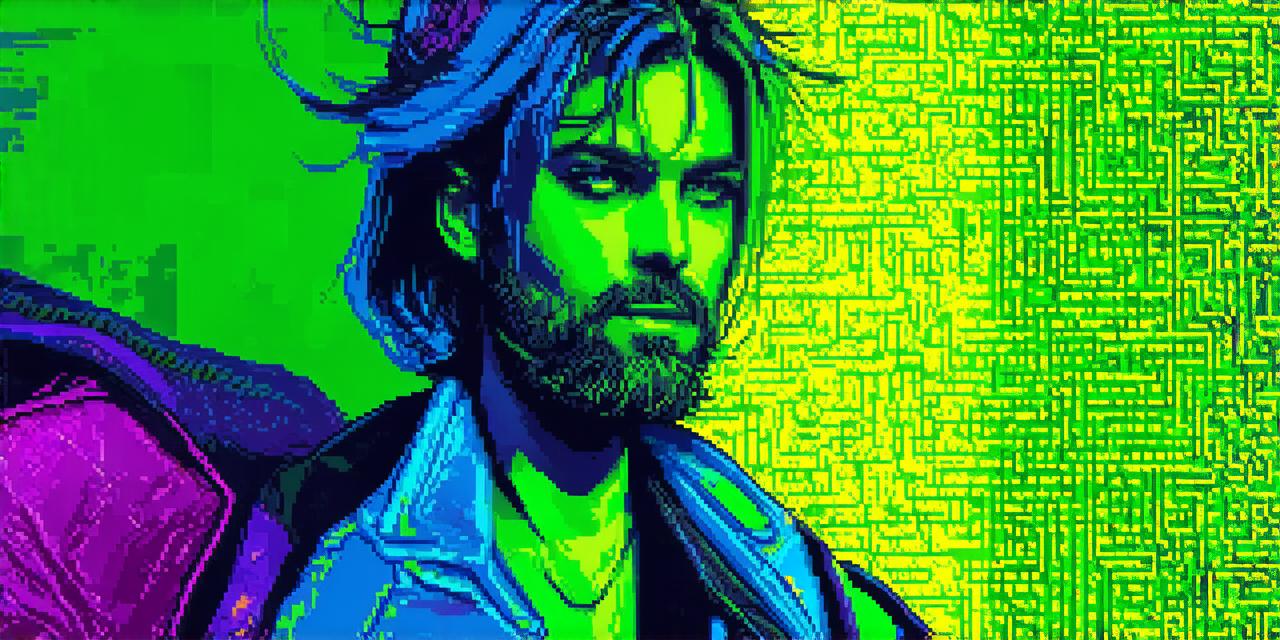The gaming industry is constantly evolving and looking for new ways to engage with players. One recent development that has caught the attention of many in the industry is non-fungible tokens (NFTs). NFTs are unique digital assets that can be bought, sold, and traded like traditional commodities.
Benefits of NFTs in Gaming
One of the main benefits of NFTs in gaming is the ability to create unique, one-of-a-kind assets that cannot be replicated or duplicated. This creates a sense of exclusivity and ownership for players, which can lead to increased engagement and loyalty.
For example, NFTs can be used to represent in-game items such as weapons, armor, and other collectibles. By making these items unique, players are more likely to invest time and money into the game, as they know that their investments will not be lost if the game is updated or changed.
Another benefit of NFTs in gaming is the ability to create new revenue streams for developers. NFTs can be sold directly to players or traded on secondary markets, allowing developers to monetize their content in new and innovative ways.
For example, a developer could create an NFT representing a rare in-game item and sell it to a collector for a high price. This not only generates revenue for the developer but also creates a sense of scarcity and value for the item.

NFTs can also be used to create new gameplay mechanics and experiences. For example, a developer could create an NFT representing a virtual pet that players can care for and train throughout the game.
By making the pet unique and valuable, players are more likely to invest time and effort into caring for it, creating a new layer of engagement within the game.
Case Studies and Examples
One example of a company using NFTs in gaming is Cryptokitties, a blockchain-based game that allows players to collect and breed unique digital cats. Each cat is represented by an NFT, which can be bought, sold, and traded on secondary markets. The game has been incredibly successful, with over $20 million in revenue generated from the sale of NFTs in just the first few months.
Another example is Decentraland, a virtual reality platform that uses NFTs to represent assets within the game world. Players can buy and sell NFTs representing virtual real estate, clothing, and other items, allowing them to customize their in-game experience and monetize their content. The platform has been so successful that it has attracted over 1 million users and raised $23 million in funding.
Expert Opinions
Many experts in the gaming industry believe that NFTs have the potential to revolutionize the way games are developed and played. One expert, Nick Robinson, CEO of Animoca Brands, a company that specializes in blockchain-based games, believes that NFTs will be a key driver of growth in the gaming industry.
“NFTs provide a new way for developers to monetize their content and engage with players in new and innovative ways,” he says. “I believe we are only at the beginning of what NFTs can do for the gaming industry, and I am excited to see how they will continue to evolve in the coming years.”
Another expert, Jesse Devine, founder of SuperRare, an online marketplace for NFTs, believes that NFTs have the potential to create new forms of player-driven content.
